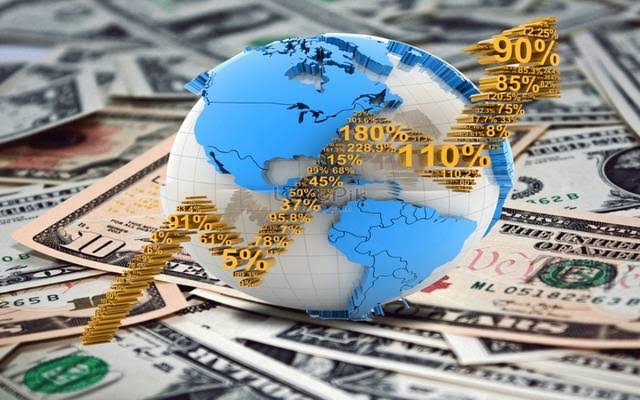The British Financial Times said that the specter of a larger conflict in the Middle East represents a new threat to the global economy, as the world emerges from shocks caused by the corona epidemic and the war in Ukraine, according to warnings from finance ministers and officials.
At the conclusion of meetings of the IMF and the World Bank, these officials warned that wider regional tensions would have enormous economic repercussions. French Finance Minister Bruno La Maire said that if we face an escalation or extension of the conflict to the entire region, we will face major repercussions, adding that the risks range from high energy prices and increased inflation, to a decline in confidence.
IMF Managing Director Kristalina Georgieva warned of a new cloud on the bright horizon of the global economy, summing up fears among delegations gathered in Marrakech that the prospects for the global economy in the medium term are frosty.
On the other side of the Atlantic, JPMorgan Chief Executive Jamie Dimon said this is the most dangerous time the world has seen in decades.
Officials had expressed satisfaction before the meetings with the ability of central banks to reduce inflation without reaching an outright recession, and the danger of which the IMF warned last April with talk of a possible hard landing of the global economy.
Central banks appeared to have tight monetary policies that limited credit growth, and the labor market calmed down without overdoing it, the head of the IMF said before the meeting.
But as the delegations met, the overall situation darkened, with the repercussions of the Israeli war on Gaza mixed with concern about the continued weakness of the global economy. An IMF analysis pointed to a deterioration in longer-term growth trends as economic systems struggle to raise productivity and increase barriers to free trade amid worsening political tensions and rising public debt around the world.


















